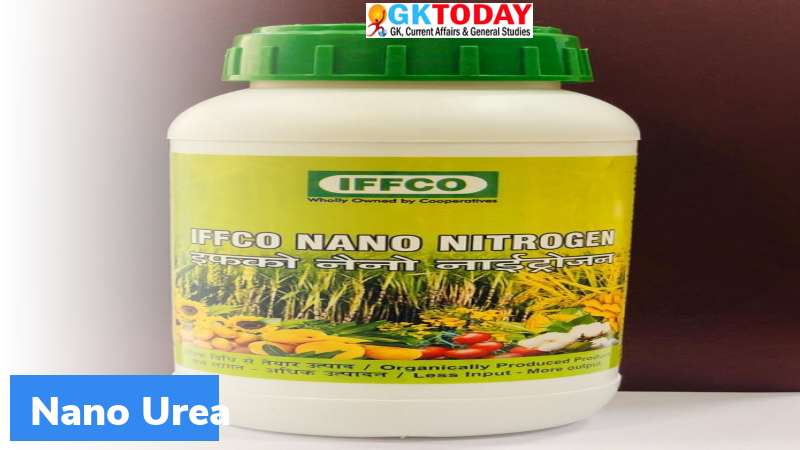Field Studies Find Nano Urea Failing to Match Conventional Fertilizers in Crop Yields
A two-year Punjab Agricultural University trial discovered paddy and wheat harvests declined substantially from nano urea usage versus normal nitrogen fertilizers, contradicting tall corporate claims.
Understanding Nano Urea
- Nano urea launched by cooperative IFFCO in 2021 comes in 500 ml bottles that the firm claimed can replace entire 45 kg urea bags through foliar sprays, promising drastic cuts in application.
- The government also actively promoted the innovative nanotechnology-enabled product to improve farm efficiency.
Trial Results
- But lead PAU investigator Rajeev Sikka found combining 50% standard soil nitrogen doses with recommended nano urea sprays decreased yields over 21% for wheat and 13% for rice versus full conventional fertilization.
- Protein-indicating grain nitrogen content also dropped up to 17%, worrying given India’s dependence on the staples for daily nutrition needs.
Field Realities
Moreover, the nano variant exhibited reduced crop root sizes and biomass volumes consecutive years indicating hindered absorption of nutrients necessary for growth.
Continued reliance on nano urea may thus create critical macronutrient deficiencies in farmlands over time.
Exposing Shortcomings
While nanotechnology holds immense potential for agriculture, the study reveals currently marketed products require more rigorous long-term field testing to validate sweeping company claims regarding nano urea equating regular urea.
Their use based on unrealistic projections risks farmer livelihoods and food security. Regulatory oversight must address efficacy gaps before large scale endorsement.
Month: Current Affairs - January, 2024
Category: Agriculture Current Affairs • Economy & Banking Current Affairs


